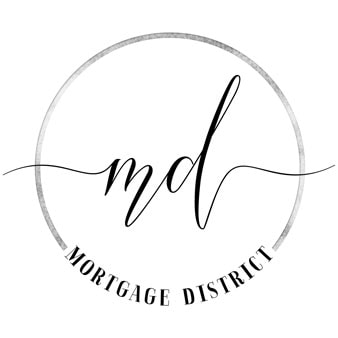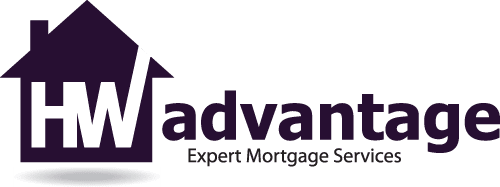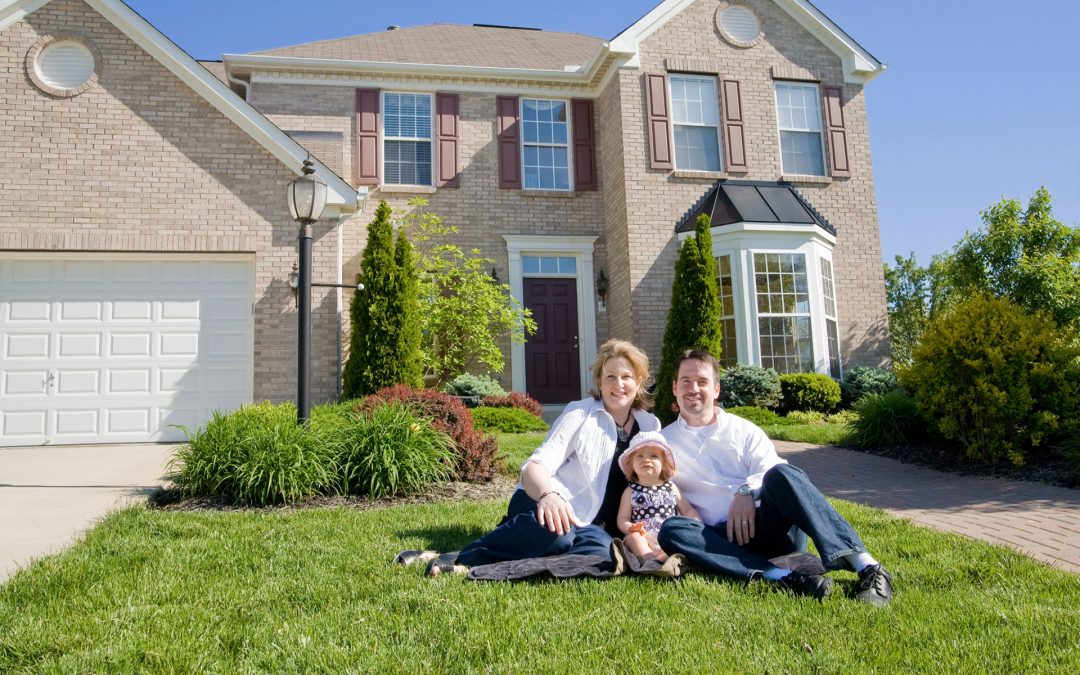While buying a home can be one of the most rewarding things you’ll ever do, it’s important that you are aware of the costs associated with this great experience. We’ve listed ten of the most common closing costs to keep in mind when buying a home.
1 Land transfer tax.
When buying a home provinces (and a few municipalities like Toronto) charge a “land transfer tax”. Rates are scaled based on the purchase price between 0.5% to 2%. This tax is due on your closing day and your lawyer will request it along with your down payment. First-time home buyers qualify for rebates or exemptions in some provinces.
Check out this provincial website to learn more: http://www.fin.gov.on.ca/en/tax/ltt/
2 Appraisal fee.
Your lender may ask you to have a home appraised to confirm its market value. Costs begin at $300 and can be up to $500, depending on the location of the property.
3 Legal fee’s.
A lawyer will help protect your interests by reviewing your purchase agreement, searching the property title, the status certificate if it’s a condo and ensuring that all documents are completed properly. Basic legal fees start between $600 and $800, plus disbursements, with added services as needed. (Typically budget for $1500)
4 Home inspection.
An inspection can help make you aware of issues related to a house’s structure and systems, such as plumbing, electrical, insulation & the presence of any harmful mold / UFFI and recommended or necessary repairs. Fees range from about $350 to $450. Typically this is performed prior to waiving conditions on your purchase offer agreement.
5 Home/fire insurance.
Your mortgage lender will require proof that the property is insured in case of fire and other damage to protect their investment. Insurance costs vary, depending on the coverage needed, but budget for at least $500 a year.
6 Costs for newly constructed homes.
If you’re buying a brand-new home, be prepared to settle any items not quoted in the original price, including upgrades or paving and landscaping fees. New homes are also subject to 5% GST or 13% HST, although this is often included in your purchase price. A federal rebate reduces the GST or the federal part of the HST to about 3.5% for homes valued at $350,000 or less.
7 Prepaid costs or new hook up costs.
If the seller has paid property taxes, water bills, or utilities in advance, you’ll need to reimburse these at closing. This can add hundreds to your upfront costs, but means these bills will be paid for your first months in your new home. If this is your first home and you’ve never paid for utilities before be prepared for set up fees & deposits for hydro, gas, water & cable.
8 Tax on mortgage insurance.
If you have less than a 20% down payment, your lender will require that you obtain mortgage default insurance. You can roll the cost into your mortgage payments, but the PST is due at closing. For example, if your mortgage insurance is $5,000 and the PST is 8%, you’ll pay $400.
9 Title insurance.
Title insurance can safeguard you against fraud and problems with your property title or survey. Fee’s range from $150 to $350 and it is mandatory for most lenders. Your lawyer can take care of this and was included in my $1500 estimated legal fee.
10 Moving-in costs.
Before the big day, budget for all those last minute things: $100 or more to rent a van or a few hundred for professional movers, $50 to $60 for a locksmith to change your locks, and cleaning supplies. Don’t forget the beer & pizza for the friends that helps as well! Such incidentals can easily come to $500 or more.
Keep in mind that these are just the basic closing costs when it comes to purchasing a home, if you are selling your existing home you can also expect to pay Realtor fees, breakage penalties on your existing mortgage if you aren’t porting, bridging costs for your down payment & any repairs the new owners have requested.


